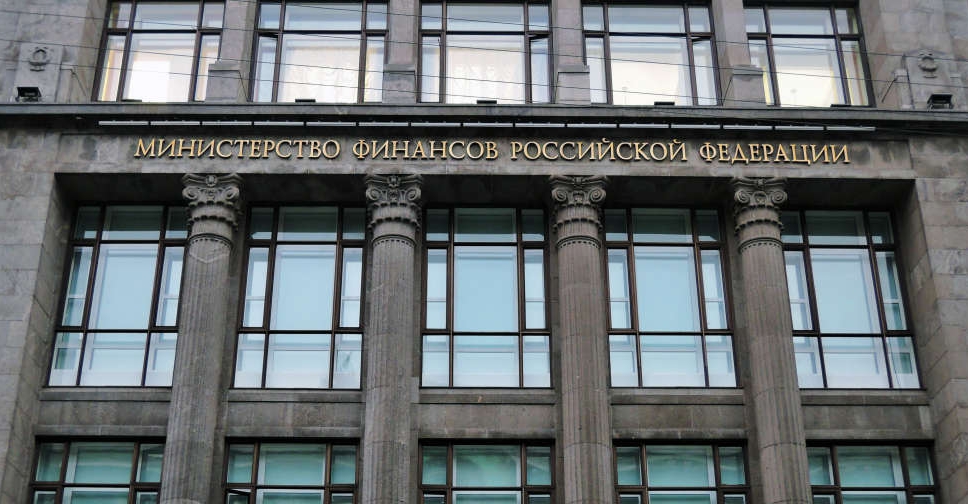
Russsia has defaulted on its foreign debt for the first time in over a century after it missed a Sunday deadline.
Russia has struggled to keep up payments on $40 billion of outstanding bonds since its invasion of Ukraine on February 24, which provoked sweeping sanctions that have effectively cut the country out of the global financial system and rendered its assets untouchable to many investors.
The Kremlin has repeatedly said there are no grounds for Russia to default but is unable to send money to bondholders because of sanctions, accusing the West of trying to drive it into an artificial default.
The country's efforts to swerve what would be its first major default on international bonds since the Bolshevik revolution more than a century ago hit an insurmountable roadblock when the U.S. Treasury Department's Office of Foreign Assets Control (OFAC) effectively blocked Moscow from making payments in late May.
"Since March we thought that a Russian default is probably inevitable, and the question was just when," Dennis Hranitzky, head of sovereign litigation at law firm Quinn Emanuel, told Reuters. "OFAC has intervened to answer that question for us, and the default is now upon us."
While the formal default is largely symbolic given Russia cannot borrow internationally at the moment and doesn't need to thanks to rich oil and gas revenue, the stigma willprobably raise its borrowing costs in future.
The payments in question are $100 million in interest on two bonds, one denominated in U.S. dollars andnd another in euros which Russia was due to pay on May 27. The payments had a grace period of 30 days, which expired yesterday.
Russia's finance ministry said it had made the payments to its onshore National Settlement Depository (NSD) in euros and dollars, adding it has fulfilled obligations.
However, it is unlikely that funds have foundd their way to many international holders. For many bondholders, not receiving the money owed in time into their accounts constitutes a default.
With no exact deadline specified in the prospectus, lawyers say Russia might have until the end of the following business day to pay the bondholders.




 Nasdaq set to confirm bear market as Trump tariffs trigger recession fears
Nasdaq set to confirm bear market as Trump tariffs trigger recession fears
 Dana Gas and Crescent Petroleum exceed 500M boe in Khor Mor field
Dana Gas and Crescent Petroleum exceed 500M boe in Khor Mor field
 China to impose tariffs of 34% on all US goods
China to impose tariffs of 34% on all US goods
 Shares bruised, dollar crumbles as Trump tariffs stir recession fears
Shares bruised, dollar crumbles as Trump tariffs stir recession fears
 Wall Street futures sink as tariffs fuel recession fears
Wall Street futures sink as tariffs fuel recession fears



